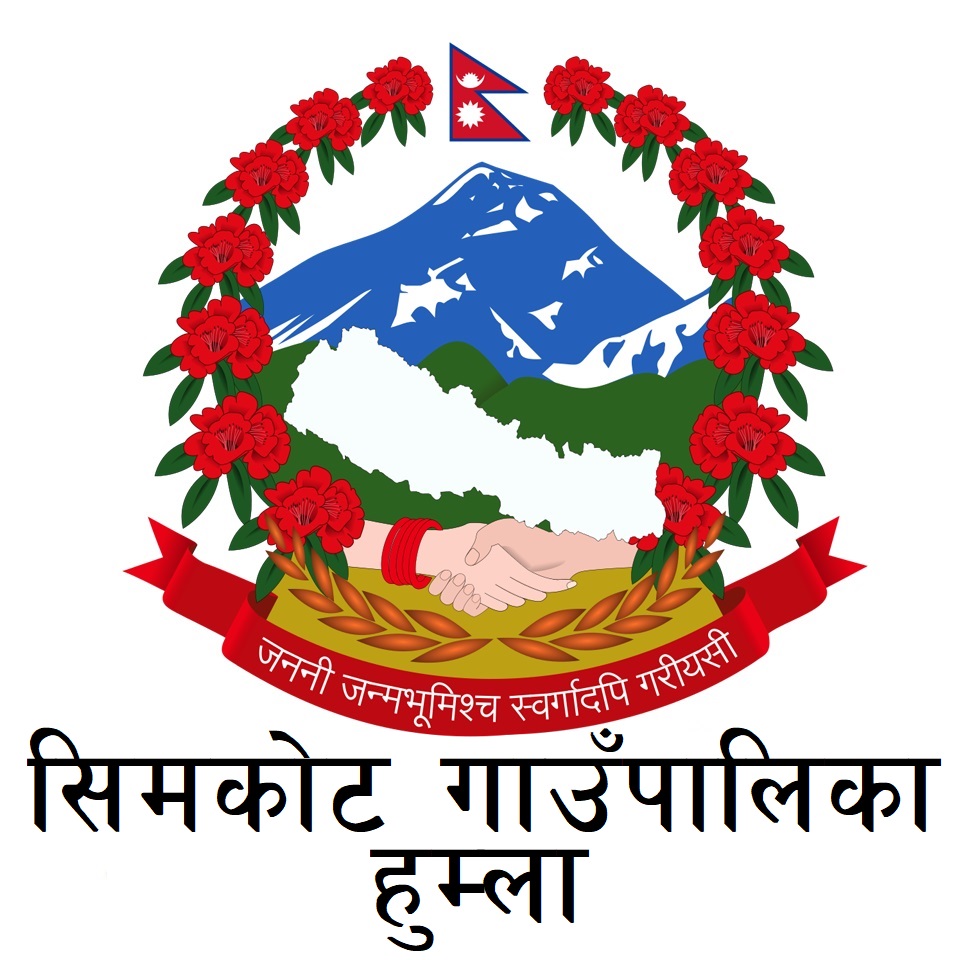
Simkot Rural Municipality Humla Implements Mandatory Three-Year Tenure for Newly Appointed Teachers
To combat the high turnover of educators and stabilize the teachers in Simkot Rural Municipality, Humla. Education Committee has introduced a significant policy change. Starting March 4, 2024, newly appointed teachers in the region, who have cleared the Teachers Service Commission examination, are now required to commit to a minimum of three years at their designated schools. This decision aims to ensure consistent and quality education in Humla's rural schools, which have faced challenges due to frequent requests for transfers by new teachers.
Addressing Educational Stability in Rural Areas
The chairman of Simkot Rural Municipality, Vijay Bhandari, announced that this policy was devised in response to a growing trend where teachers, shortly after being posted to their new schools, seek transfers. This practice has not only disrupted educational continuity but has also left many schools in a perpetual state of staffing uncertainty.
Subba Krishna Prasad Acharya, the deputy of the village education, youth, and sports branch, highlighted the necessity of this rule. He pointed out that the trend of seeking job placements in remote areas like Humla, only to request a transfer soon after, undermines the educational needs of these communities. This policy is a direct measure to curb such practices and ensure that those who commit to teaching positions in Humla are dedicated to their roles and the community's educational development.
Impact on Local Education
The introduction of this rule follows observations that newly appointed teachers often leave their positions within a few months, ranging from two to eight months, without completing their probationary period. Last year, out of the four individuals who passed the commission's examination, three returned to their home districts, leaving schools understaffed and struggling to fill vacancies.
With ten teachers having passed the commission's examination this year, including four at the master level, the education committee is optimistic that this new rule will foster a more stable and committed teaching environment. By ensuring that teachers remain in their assigned schools for at least three years, the committee believes that it can significantly improve the quality of education and reduce the rate of vacant teaching positions in Humla.
A Step Towards Sustainable Development
This policy reflects a broader effort to address educational disparities in rural and remote areas of Nepal. By implementing such measures, Humla sets an example for other regions facing similar challenges, underscoring the importance of dedicated teaching professionals in the development of quality education systems. This initiative is a critical step towards building a more stable and effective educational infrastructure in Humla, ultimately benefiting students and the community at large.
Humla




